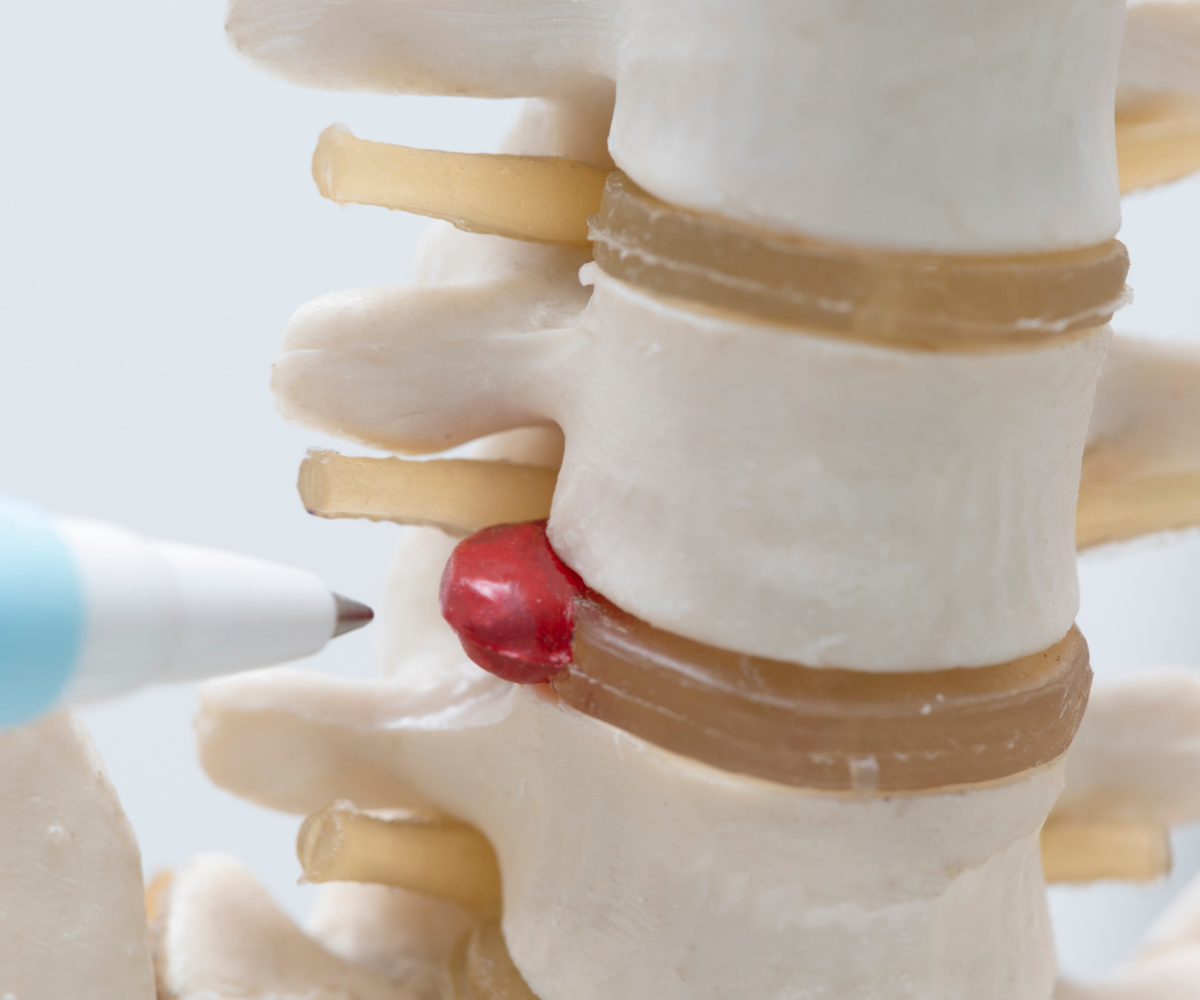You have back pain. And now you’re sitting there- uncomfortably- in front of the doctor. This is the moment that you’re finally able to spill out your story on how you came to have this low back pain and what has happened since it started. Occasionally, the doctor will ask questions to clarify what you’re telling them, and if they’re worth their salt, they’re mostly listening intently. Once this part wraps up, the doctor will proceed with a physical examination. And, after all those physical tests and movements, they will offer their thoughts on what is going on with that back of yours.
Seems straightforward, doesn’t it? Well, it is. But it’s far from a simple process, and the diagnosis can be far from simple too. Is this reason to worry? Does a complicated diagnosis mean that you’re in for something life altering? Most times, it’s not.

Help! I need a translator!
Let’s be clear. An overwhelming majority of the time, low back pain is considered “non-specific”. It can be really painful (have we mentioned that pain isn’t a great indicator of the seriousness of your problem?), but it’s not something to worry much about. It will get better.
Sometimes though, back pain can be a more complex issue. Let me explain.
As we diagnose back pain, we go through a process of weeding some possibilities out. First, we look at the “red flag” problems. This is the serious stuff. For example, cancer. Broken bones. Bone infections. Now, please keep in mind that even though it is serious, this is rare stuff. As I mentioned, the lion’s share is “non-specific” back pain. Muscles and joints; strains and sprains. Thankfully, this run of the mill variety of back pain tends to have a predictable course of recovery.
Then there’s the tricky stuff. So, let’s move on to the more common of the complex problems.
Getting a leg up…
We’ve often heard the term “sciatica”. You may have heard this from your doctor, but more likely from your neighbour or co-worker who “also have what you have”. Most of the time they mean that you have leg pain in addition to back pain. Frankly, it is a term that is a bit too general for my liking. Leg pain can mean many things, and it doesn’t always relate to your back. But when it does, leg pain might mean that you are in for a more complicated journey to recovery.
Leg pain might be isolated to your buttock. It might extend into your thigh, either in the front, the side, the back, or somewhere ‘inside’. It might even travel further beyond the knee to the ankle and/or foot. See? Lots of variety here. And take it from us, it’s not always that easy to figure out.
More often than not, if pain travels past the knee, we start thinking about more complicated sources of your problem. But what really sticks out isn’t pain. It’s weaknesses and/or loss of sensation. Now, I’m getting ahead of myself. Let’s go back to what might create these leg problems.

Battle of the Bulge
For our younger patients (think 55 or younger, even teens!) these leg symptoms might- might, I say- be from a disc that is bulging (or herniating) to impact a spinal nerve as it passes from the spinal canal towards the leg. The disc is a very key part of your spine. It resides between each vertebrae (the bony building blocks in your spine) and does two things: provides a solid attachment between the bones, and offers a cushion. They come in handy! That is, until some of the disc starts to move out of its normal position and into the surrounding tissues. Sometimes that means it will start to take up space where the nerves go out of the spine, or where the nerves travel within the spinal canal. Sounds painful, right? Well, not necessarily, but possibly. More and more we are finding out that pain is tricky.
Putting your best foot forward
Since pain is so tricky, how about we set aside the pain part for a moment. I want to tell you what makes me pay close attention. To tell you what things make me think a surgeon might be the next stop.
Your foot and leg. Huh? Well, to be more specific, whether you can feel them. Or whether you can control them. If you have a portion of your foot or leg that you cannot feel anything in, then that’s a warning light. Another warning light? If you have a weakness- like being unable to prevent your foot from slapping down to the floor. Or perhaps not being able to lift up your big toe! I think of these things as having a nerve “turn off”. It’s a bit like when you have the dentist inject anesthetic to fill your cavity.
Pain- well, pain is an indication of the nerves doing their job. They’re “on”. The pain is a detected change at the end of nerves, warning your brain to do something about that! Obviously, it’s worth paying attention to. Especially if the leg pain is “more dominant” than your back pain (think- would you rather get rid of your back pain or your leg pain?). Don’t misunderstand us, pain is important. But when you can’t feel anything, then that’s more important. And losing control of muscles? Yep, that’s really important too.
What’s next?
If you fit into this category, the next steps are hard to predict. Fortunately, the vast majority of disc problems will look after themselves. That’s to say, no matter what anyone does to you or what you do to yourself, the odds are that things will get better! The hard part is that we don’t know how long it will take. Sometimes the symptoms ease up in a few weeks. Other times they persist over many months. The knowledge that it will resolve in most cases is helpful to some patients. For others, it can be intimidating to not know specifically when that will happen.
On the right road
I like road maps. Yah, I’ll confess to enjoying folding out the old school paper maps. (Don’t get me wrong, GPS has saved me a few times!) Why? Well, I can see the entire journey at a glance. All the turns. All the stops. All the alternative routes. It makes me feel better once I’m actually on that journey. Even if it’s a long one. Your back pain will be a journey too. Our advice? Seek out a trusted health care provider that can properly evaluate your back. They will be able to help show you your individualized “road map” to recovery and the possible twists and turns you may have.
Now, having said all of this, we know that you made a great decision by joining up with us here. You’re on the right road! Regardless of your journey, there are some things that can help so many in your shoes. Stick with us and we’ll help guide you through your journey too.

